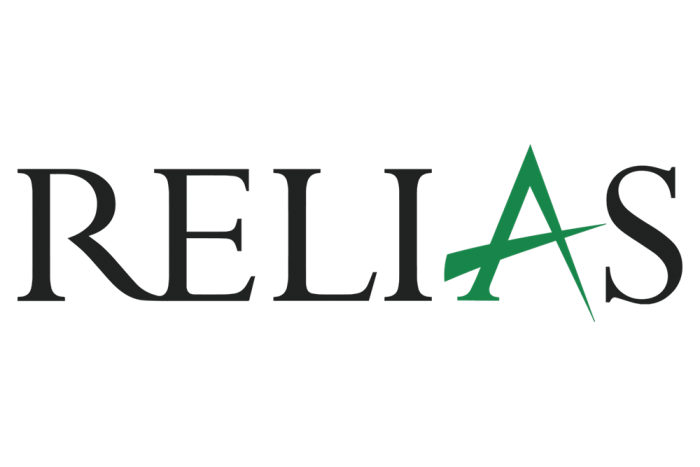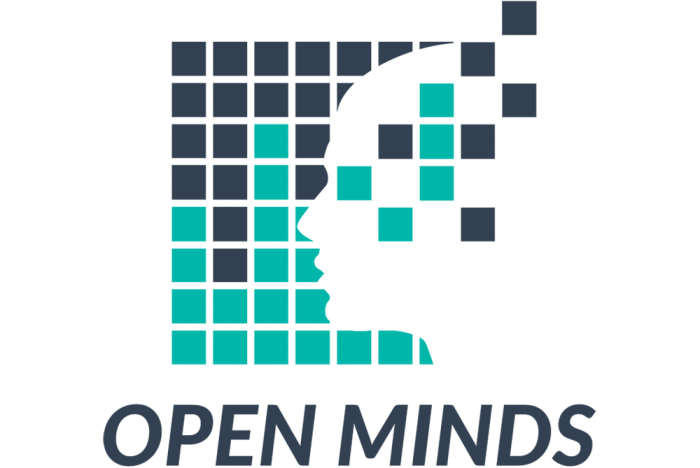The Association of University Centers on Disabilities (AUCD) is hosting a special webinar titled “Honoring the Contributions of Americans With Disabilities to the Workforce and National Progress Through University Centers for Excellence in Developmental Disabilities (UCEDDs).” This webinar will be held on Tuesday, October 28, 2025, from 2:00 pm – 3:00 pm.
People with disabilities have long played a vital role in strengthening America’s workforce and driving innovation. This webinar will explore their impact through three perspectives – past, present, and future – highlighting the ways in which their contributions continue to shape national progress. The webinar will also showcase how UCEDDs provide essential services that empower individuals with disabilities and serve as catalysts for American innovation and economic growth. To help celebrate the spirit behind this year’s National Disability Employment Awareness Month (NDEAM) theme of “Celebrating Value and Talent,” the webinar will feature a panel of five subject matter experts from across the UCEDD Network and its partners.
Please register for this webinar. After registering, you will receive a confirmation email containing information about joining the webinar.
The webinar will provide live captioning and American Sign Language interpretation. Additional accommodation requests can be submitted via email by October 10, 2025.
For more information, please visit the AUCD website.

















